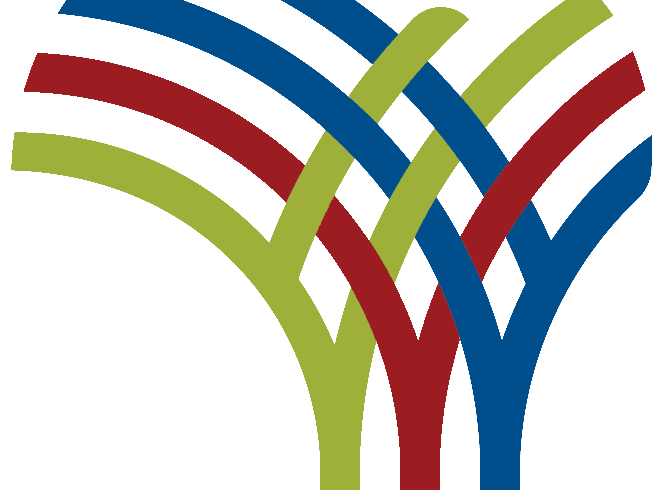
When the Teachers Service Commission (TSC) rolled out its comprehensive medical scheme Afya Kwa Walimu, few could have anticipated just how transformative it would become.
Today, covering close to 1.4 million lives, made up of over 400,000 teachers and their dependents, the scheme stands as one of the largest and most impactful medical covers in the country and the region.
Managed by a consortium led by Minet Kenya, the scheme has secured the Government tender to provide insurance for teachers over the years. Other consortium members include Old Mutual Insurance, Britam, CIC, Star General, Pioneer, Star Life, Bliss Healthcare, and Medical Administrators Kenya Ltd.
While concerns around pre-authorization and access occasionally surface, many teachers across the country are quick to acknowledge the scheme’s lifesaving support.
Keep up with the latest headlines on WhatsApp | LinkedIn
Minet Kenya General Manager for Managed Medical Care Division, Edwin Kegode explains that pre-authorization is a global practice that ensures oversight before medical services are provided.
However, under the teachers’ scheme, we have scrapped a lot of the need for preauthorization, especially for outpatient services,” “he says. Most inpatient services require preauthorization, however we have also pre negotiated on agreed packages and tariffs improving in the turnaround time that would otherwise have been longer in the absence of agreed rates.
The medical cover is designed with a tiered structure that matches benefits against the job groups of teachers. Chief principals, for instance, enjoy an inpatient limit of up to Sh3 million, outpatient cover of Sh450,000, maternity cover of Sh300,000, and funeral benefits of a similar amount.
Senior teachers in secondary schools have access to inpatient cover of Sh1.3 million and outpatient benefits of Sh200,000, while primary school teachers in the entry grade benefit from inpatient cover of Sh1 million and outpatient cover of Sh150,000, among other provisions.
Across all groups, unlimited inpatient and outpatient services are available in government, some faith-based facilities, and select private hospitals, with coverage extending to chronic conditions such as cancer, hypertension, diabetes, kidney failure, and congenital illnesses.
The impact of this scheme is best told through the experiences of teachers who have benefitted from it.
In Kisii, Brian Monyenye recalls the relief he felt when Minet stepped in after he was admitted at Mediforte Hospital and later referred to Karen Hospital for cardio treatment.
“I wish to sincerely thank Minet for the swift coordination and support that greatly contributed to my recovery. The Kisii county personnel walked with me at every stage of the approval process. My Sh505,000 bill was fully settled,” he says.
For Dominic Oganga, a Siaya resident, the scheme literally gave him back his independence. After both his legs were amputated, he received prosthetic limbs and a wheelchair worth Sh830,000 at Oasis Hospital.
“Today I can walk freely again and resume my duties as a teacher, this support gave me back my independence,” he shares with pride.
For others, the relief has come in moments of despair when their loved ones were unwell.
Migori County resident Lilian Omollo struggled for months as her daughter battled an undiagnosed illness that kept her in and out of hospital. Several treatment requests had been turned down, but Minet’s representative in Migori, Mr. Dickson Oluoch, persisted until her daughter was admitted at Lifecare Hospital, diagnosed, and operated on.
“She is now on the path to recovery and I am forever grateful for the persistence and compassion shown,” she says.
Similarly, in Meru, teacher Martha Munjuri has been undergoing treatment for breast cancer. From chemotherapy sessions to PET scans and now homotherapy at Doctors Plaza and KU Referral Hospital, her bills have all been fully catered for.
“Without the scheme, I wouldn’t afford this care and as I approach retirement, I only wish such support continues even after we leave service,” she says.
The scheme’s strength is also evident in cases of mental health, an area often neglected in mainstream medical insurance. Earlier this year, Kisii-based teacher Vincent Nyamboki Mayaka had his daughter admitted for close to two weeks at Nairobi Mental Health Services after being referred from Bliss Moi Avenue.
The total bill of Sh295,000 was fully covered by the scheme.
“The support we received lifted a huge burden off my shoulders and gave my daughter a chance at proper care. Today, she is recovering well and still attends clinic appointments covered under the scheme,” he explains.
Sign up for free AllAfrica Newsletters
Get the latest in African news delivered straight to your inbox
Success!
Almost finished…
We need to confirm your email address.
To complete the process, please follow the instructions in the email we just sent you.
Error!
There was a problem processing your submission. Please try again later.
Beyond settling hospital bills, the medical cover provides a wide range of additional services that make recovery easier for teachers and their families.
Post-hospitalization care is catered for up to five weeks, accident-related reconstructive surgery is covered, and chronic and pre-existing conditions are taken care of without exclusions.
The package also accommodates psychiatric and counselling services, fertility treatment, and even emergency evacuation to specialized facilities when necessary.
Since the inception of the scheme, harambees have become a thing of the past where teachers needed to fundraise before treatment is granted or where treatment has been done and some of them would have to part with family property to offset medical costs. Similarly, the hospitals in some remote areas have had to step up their services to keep up with the ever changing needs of members and thus generally improved service provision at “mashinani” levels through the scheme interactions.





